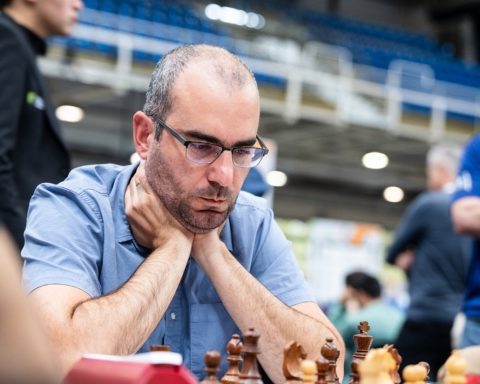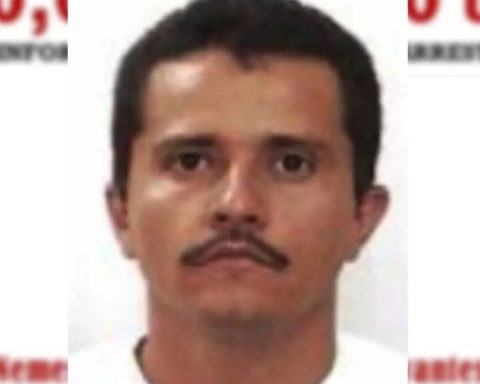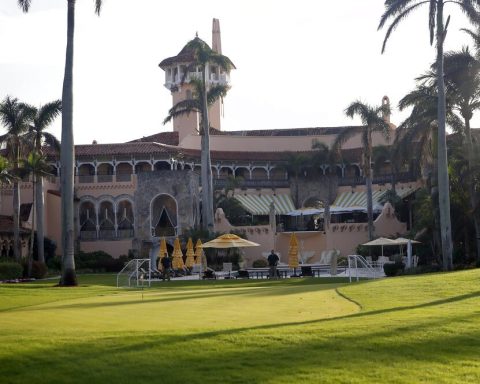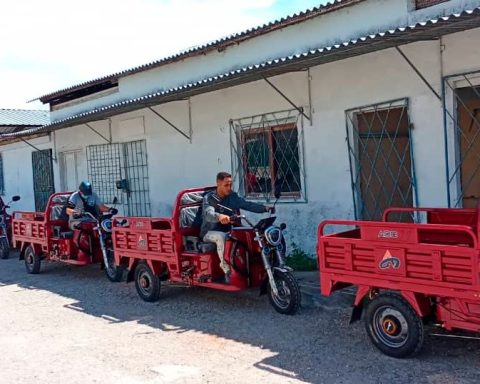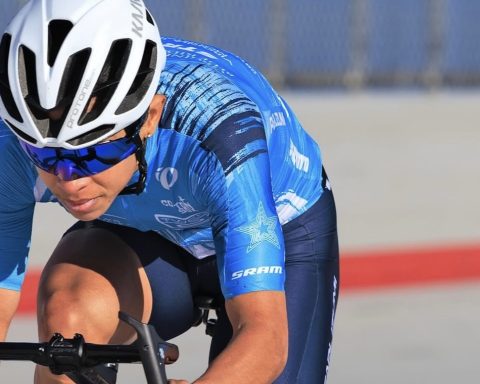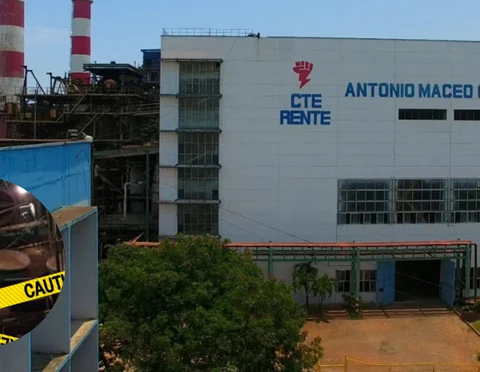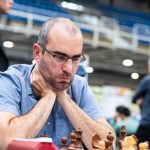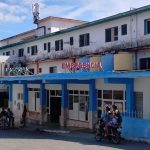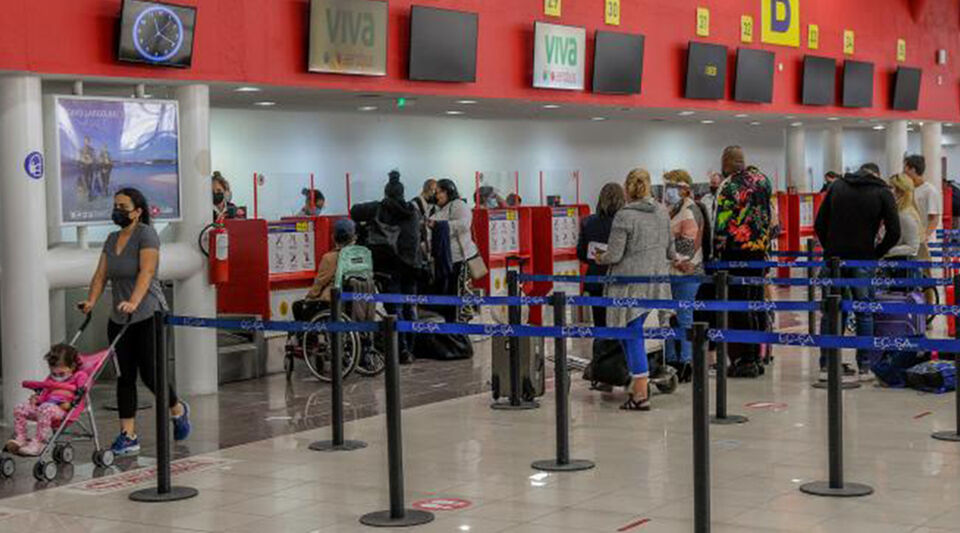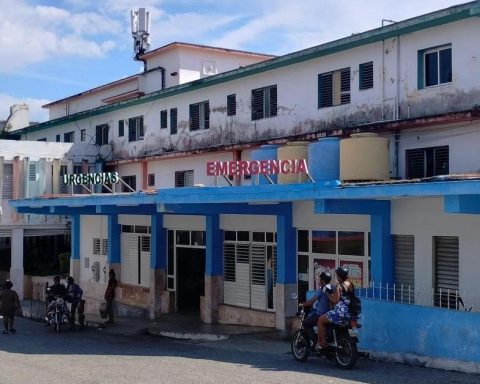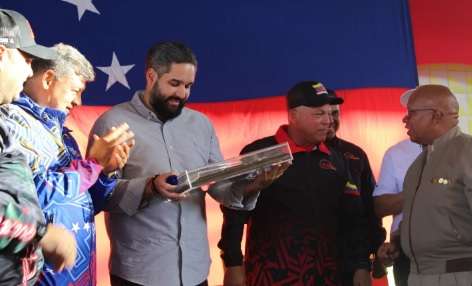He Hemispheric Institute of Performance and Politics from the University of New York held two events this week on Cuban music, designed by the musicographer Rosa Marquetti Torres and with the participation of musicians and academics.
The Panel/Performance “Chano Pozo: Changing the Narrative” opened the meeting on Thursday, April 13, taking as its starting point the biographical work Chano Pozo: Life (1915-1948) written by Marquetti Torres.
HOY / TODAY, 6 pm (EST) join us for “Ellas tienen tumbao: un conversación con Daymé Arocena” at ?Instituto Hemisférico, 20 Cooper Square, 5th floor. pic.twitter.com/JAixFeKbmG
— Hemispheric Institute (@Hemispheric) April 14, 2023
The panelists, including Professor Licia Fiol-Matta, discussed the artist’s musical legacy, scope and perspectives, and his imprint on Cuban and North American cultures. Beyond the narratives that have exalted Chano’s masculinity and religiosity, his profound influence on jazz and popular music on the island was highlighted.
Both the pianist, composer, producer and educator David Virelles and the percussion master Román Díaz “gave life to the argument that Chano Pozo’s music is still alive, inspiring new creations”, according to the anthropologist and teacher Julie Skurski.
On Friday the 14th, a special conversation took place with Daymé Arocena under the title “They have tumbáo”. The renowned Afro-Cuban singer spoke with Marquetti and Professor Lena Burgos-Lafuente about the role and place of Afro-Cuban and Afro-Latin women in the conquest of spaces in an increasingly diverse and globalized industry.
Her exceptional voice and extraordinary ability to generate a beautiful alchemy of jazz and Afro-Cuban music legitimize Arocena as one of the most exciting young artists on the contemporary music scene inside and outside Cuba. It is a paradigmatic case to understand and face the current challenges in the music industry.
Both meetings were attended by musicians and teachers, including Benjamin Lapidus; Henry Threadgill, Bobby Sanabria, Henry Fiol, Nelson González, Ned Sublette, collector Vicki Gold Levi and singers and musicians from La Rumba del Central Park, among others.
Founded in 1998, New York University’s Hemispheric Institute for Performance and Politics has built a network throughout the Americas that includes more than 60 member universities and affiliated cultural centers.
Under the premise that artistic practice and critical reflection can generate lasting cultural change, the Institute connects scholars, artists, and activists from across the Americas and creates new avenues for collaboration and action.
